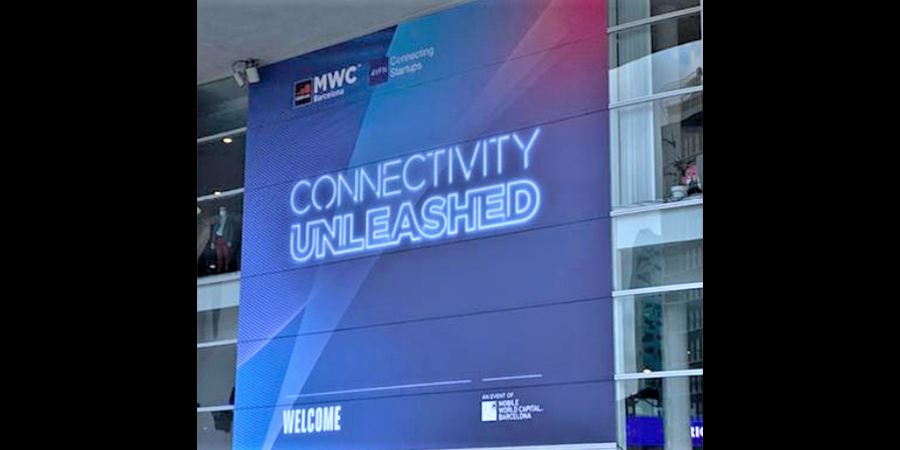The world’s largest and most influential connectivity event opened its doors at the Fira Gran Via in Barcelona. MWC22 Barcelona will build on the success of last year, reflecting on a new era of connectivity and collaboration across the mobile industry.
Opening MWC22 Barcelona with a keynote address, Mats Granryd, director general of GSMA, said, “We are delighted to see vibrancy return to Barcelona this year as we convene, collaborate, and do business. This edition of MWC provides a collective opportunity to showcase how the digital ecosystem transforms lives and supports global recovery through the power of mobile technology.”
This year’s theme, Connectivity Unleashed, showcases the power of mobile technology in our everyday lives and explores the ground-breaking technologies that will shape industry and society. Connectivity is now intelligently transforming industries as the world moves from simple connectivity to meaningful connectivity. Exceptional speakers are lined up with exciting product launches, and the all-new Industry City.
“The doors are now open! Our attendees will experience more than 1,500 exhibitors and have access to more than 1,000 speakers, plus entrepreneurs, rebels, and people doing the extraordinary,” said John Hoffman, CEO of GSMA Ltd. “We are on a journey to digital everything, and MWC22 is the place to be to experience what that means.”
MWC22 Barcelona will, for the seventh year in a row, be a carbon-neutral event again – certified by AENOR International. Mobile was the first industry to commit to achieving net-zero by 2050, and GSMA’s commitment extends to MWC22 Barcelona.
Launching as well is the annual Global Mobile Economy Report which reveals continued momentum in 5G adoption, with the total number of 5G connections expected to reach 1 billion in 2022, as usage grows rapidly in pioneer markets.
The report highlights the mobile industry’s instrumental role in extending connectivity to people worldwide. In the last decade, network infrastructure investment by operators shrunk the coverage gap from a third of the global population to just 6%, but there is more to be done.
The adoption of mobile internet services has not kept pace with the expansion of network coverage. Despite living within the footprint of a mobile broadband network, 3.2 billion people, or 41% of the global population, are not using the mobile internet. The reasons for this usage gap vary by region and include lack of affordability and skills. These barriers to mobile internet adoption impact the most vulnerable segments of the population, including women, the elderly, people in rural areas, and persons with disabilities.










